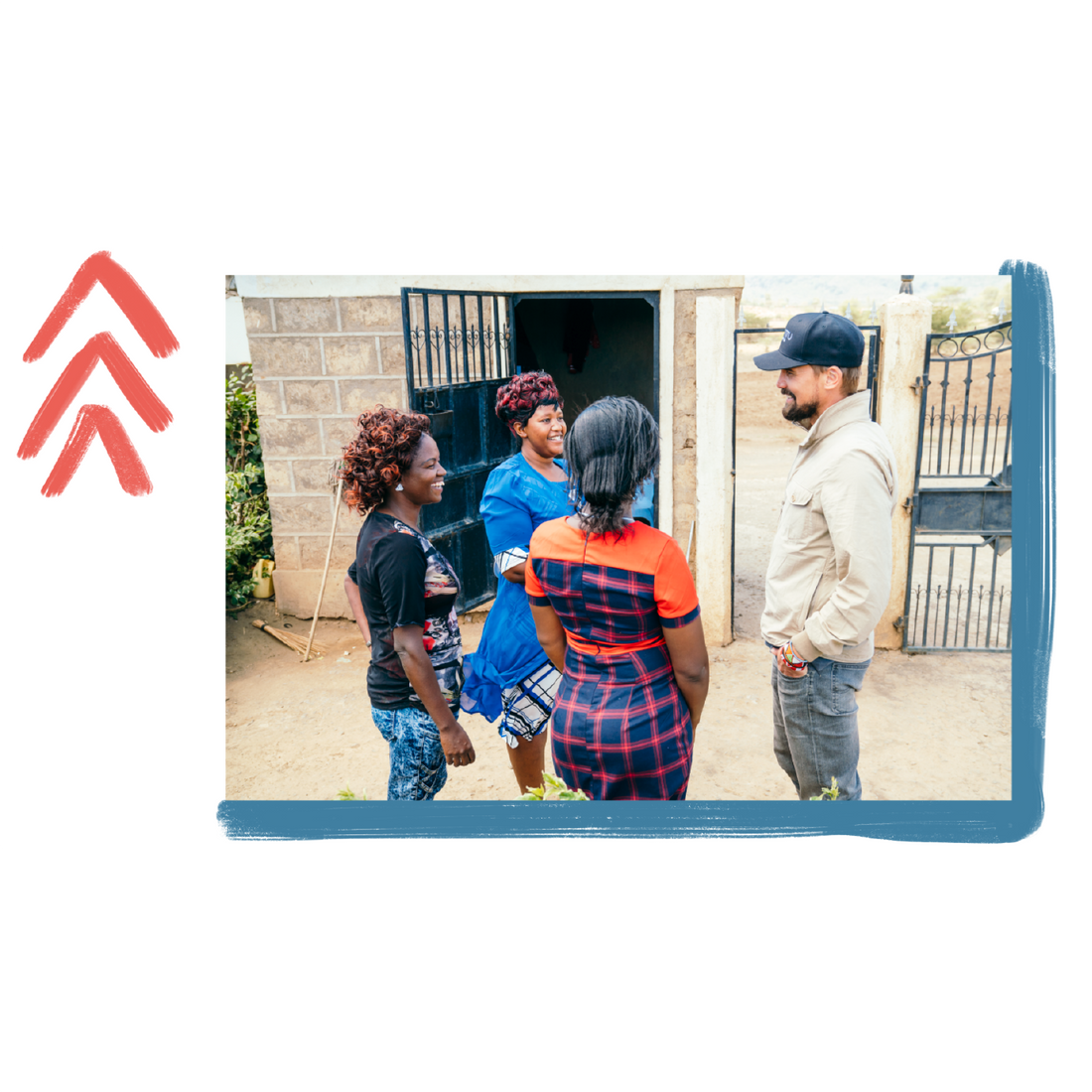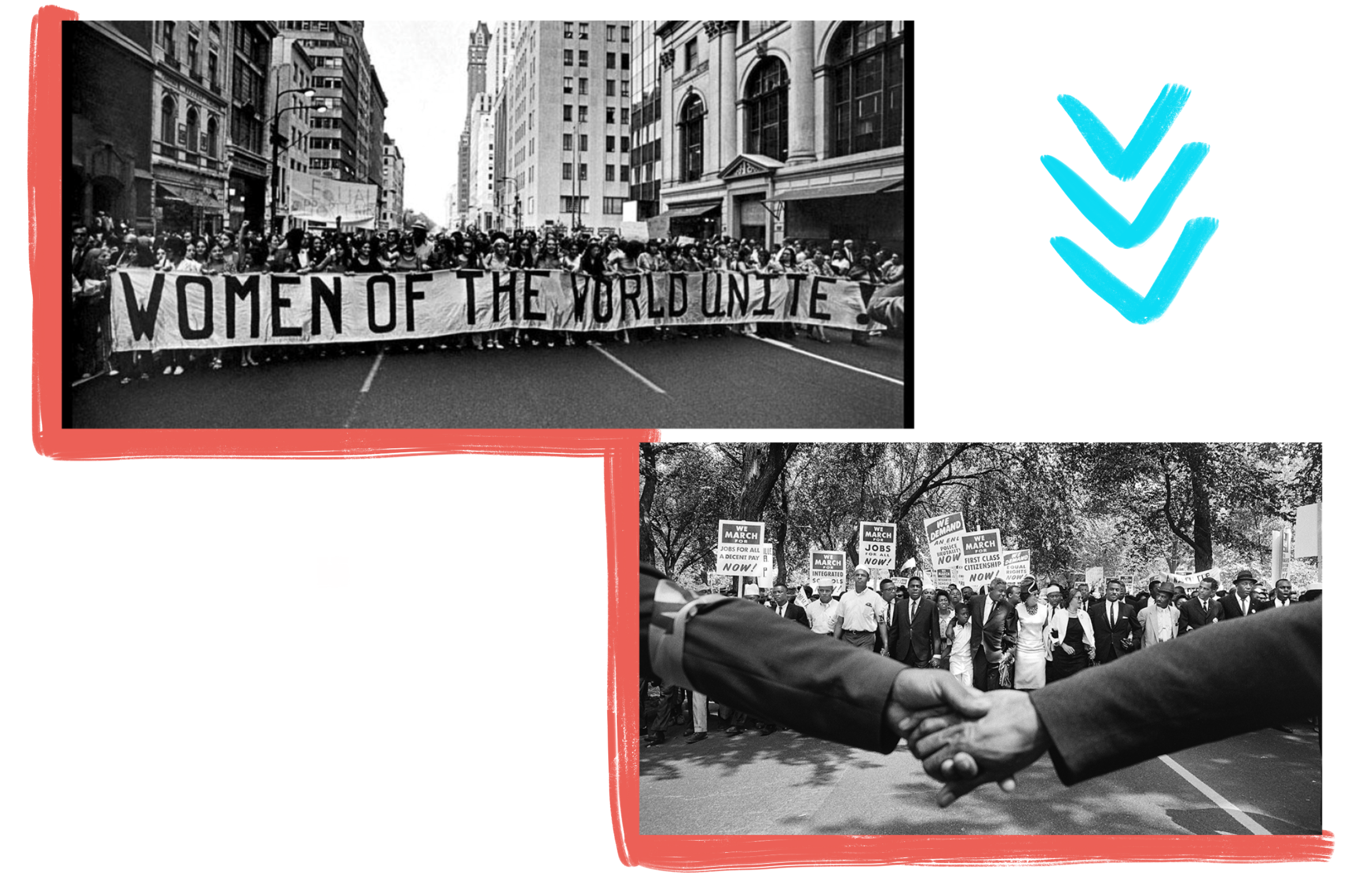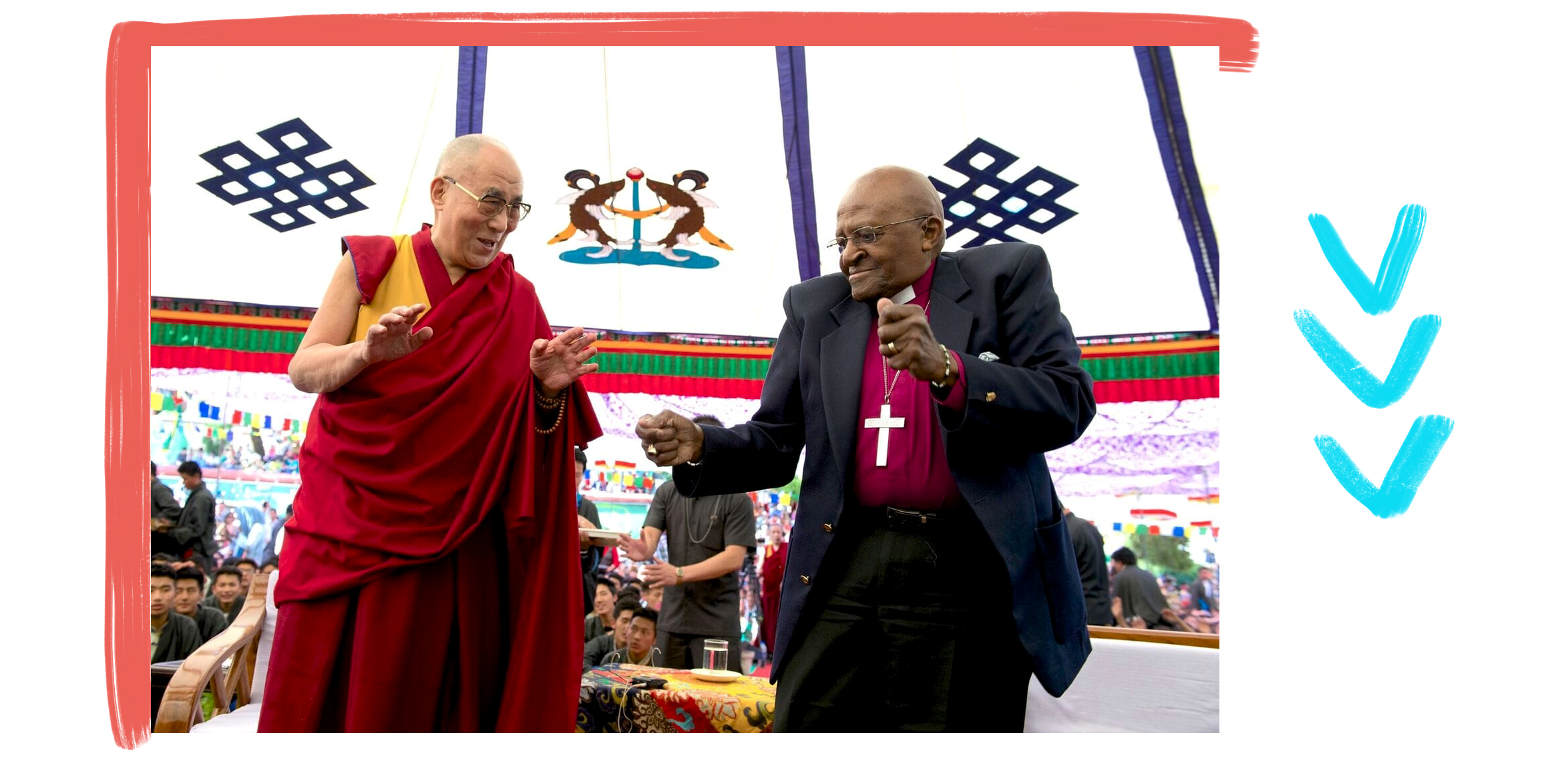
Share this Article

These haunting words from Anne Frank during a war-torn world come as a sedative to my own heart. We are living in unprecedented times when everywhere we turn it seems that a focus on difference is the norm. Cancel culture has become pervasive due to an amplified trigger of race issues after horrific acts of violence by the police force on black lives here in America. In the midst of this, people are still fighting for their jobs, for their safety, and for stability as we wade through more uncertain waters of the lingering coronavirus. How are we to respond to these times? How do we navigate those days when we feel helpless, hopeless, and lost regardless of our color, our gender, or socioeconomic status?

We are living in times of division, when it seems that we are hell-bent on yelling rather than listening, understanding, and honest conversations. I have spent many days reflecting on how to act, how to lead our Ubuntu Life team, and how to participate effectively in a time that seems ravaged by demonizing the other, rather than seeing the other as our neighbor. I have come to the conclusion with the full support of our diverse and multicultural Ubuntu Life team to speak from the heart and to lead from what I know. What I know as a white male who has spent the last 20 years of my life dedicated to working in Kenya alongside my brother and co-founder, Jeremiah Kuria, is that focusing on difference will not unite us. If Jeremiah and I spent our finite energies focusing on the fact that he grew up impoverished and black and me, wealthy and white…we would have gone nowhere. We would have been too overly sensitive to offending one another rather than focusing on the shared mission and vision that we both received: that our lives are not our own, they are Gods and we are to use these valuable days to make the most of them by loving, serving and empowering our brothers and sisters in Kenya and around the globe. As a result of focusing on those ties that bind us versus those that differentiate us, we have managed to build something that is beautiful and that is empowering the most marginalized communities in Kenya, children living with special needs.

The reason I share this is because I think it is vital to the healing of our world, and for me as an American, it is vital to unite the United States. We are God’s children first, humans second, black, brown, and white third. This doesn’t mean we don’t push for change, but it should most certainly challenge us to rethink how best to push for that change. The ‘how’ is crucial to who we will become. America was founded on ideals so profound, so true that they sang eternal truths far beyond the actual lived values being manifested of the times that they were written. Does that mean we should demonize those leaders who wrote them or who formed them because they had glaring shortcomings of living up to those values? This is a slippery slope that I hope we do not go down as a people responsible for the actions of our times. If we are to focus on the faults of every leader we will not survive. If I were to wake up each day focused on my own shortcomings, I too would not survive, but live paralyzed by the errors of days passed. Let us not forget the wise words of Jesus when a mob threw a woman caught in adultery at his feet, “Let anyone among you who is without sin be the first to throw a stone.”

Who of us is without sin? Who of us is truly in a place to cast judgement? What good does this do for any of us? Gandhi said, “An eye for an eye only ends up making the whole world blind.” How can we learn from leaders like Jesus, like Gandhi, like Wangari Maathai and like Martin Luther King Jr who showed us how to bring about change effectively rather than destructively?

I chose these opening words from Anne Frank for that reason: a young Jewish girl who lived her most profound days hiding from Nazi Germans and who would end up dying for being Jewish. And yet how did she approach these horrific days, by demonizing her fellow humans, the Nazi’s who were blinded by their own darkness? No, she led with love, with a spirit-filled with something beautiful that knew what bound us as God’s children is far greater than what is perceived as separation, “In spite of everything I still believe that people are really good at heart.”
Can we take this truth into our own hearts? Black or white, Democrat or Republican, American or African, Jewish or atheist…rather, how about my fellow brother and sister who is living out this precious life just as I am…hoping for the best, wanting to take care of their families, stricken with the same frailties and shortcomings as I am simply by being human. Despite these shortcomings, we must press on to live a fuller and more dignified future than what we inherited. And isn’t this always the case since the beginning of time? We are constantly learning from generations past and with that learning comes the opportunity to transform our present times into something greater, something more unified and more whole than what we inherited.
Please let us stop this cancel culture. Let us stop demonizing the perceived “other.” Let us start by looking into our own hearts first before casting that first stone. Let us go inward, listen and seek open, honest conversations. Let us strive for understanding even if we don’t share the same exact values as our fellow brothers and sisters. Let us search and find those ties that bind us as God’s children and as fellow humans rather than focusing solely on our difference. It is only then that we can continue building the nation and world that we pray our children will carry forth.
May the conversation continue. Here’s to learning how to #liveUBUNTU.


Z
(Zane Wilemon, Co-Founder of Ubuntu Life)
